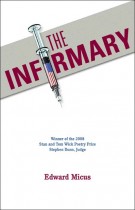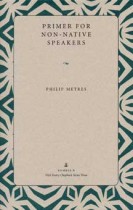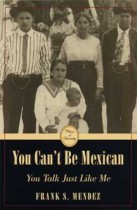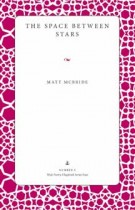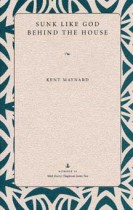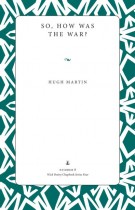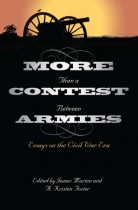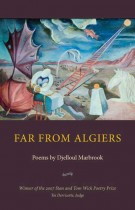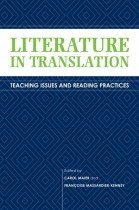Against the Simple
Robert Miltner | Filed under: Poetry, Wick Chapbook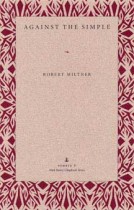
“What continues to affect me in Robert Miltner’s Against the Simple is the silence that haunts the edges of experience and meaning. Like the lonely streetscapes of Giorgia De Chirico, Miltner’s poems, often cast in brief sentences surrounded by an eerie quiet, haunt us with the unseen and the unheard which seem to lurk just around the corners of language and consciousness. Often his images ‘tease us out of thought.’ In poems like ‘Eating Alone’ the uncanny strangeness is almost hallucinatory. ‘How true is the algebra of emptiness?’ House Noises at Night asks. These dreamingly attentive, watching and listening poems are kind of answer.” –Richard Hague

